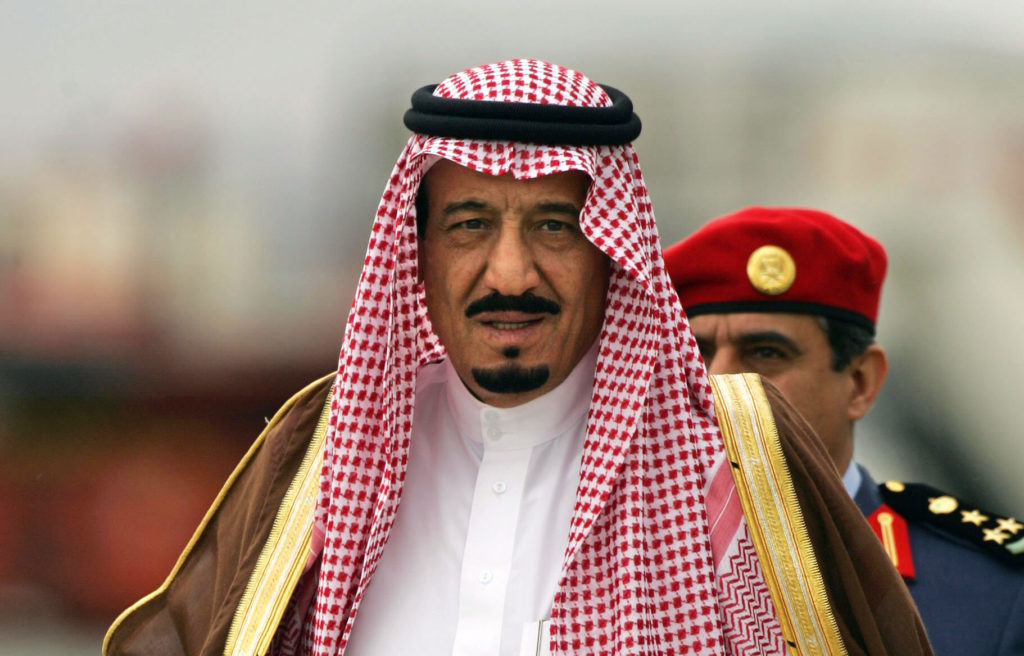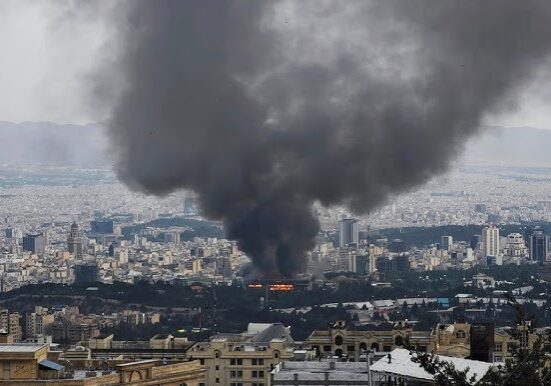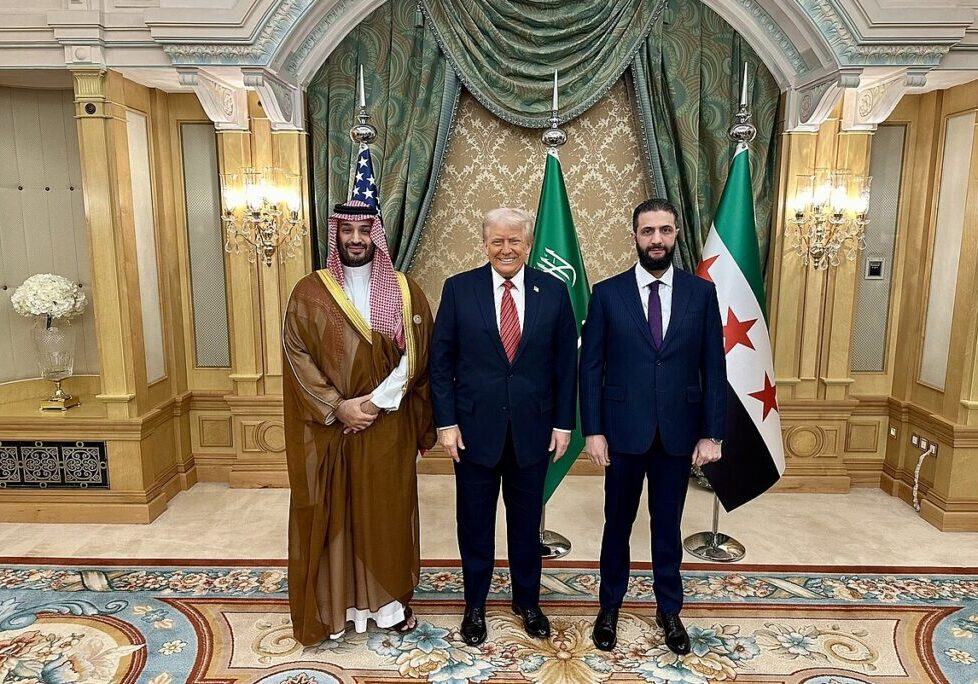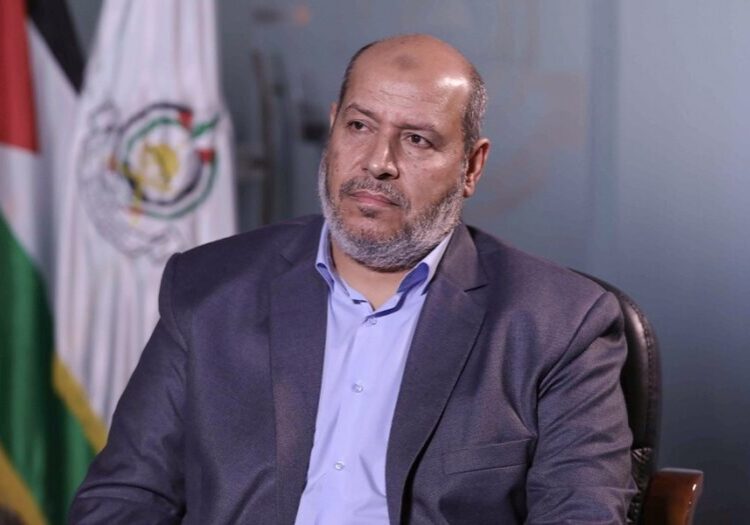Australia/Israel Review
Riyadh’s New Self-Reliance
Jun 4, 2015 | Yehonathan Tommer

Yehonathan Tommer
Saudi Arabia’s military intervention in March against Iranian-backed Houthi rebels in Yemen – without prior American coordination – indicates a new self-reliant foreign policy by the younger generation of the country’s ruling family. They appear determined to curb an Iranian push for Shi’ite hegemony in the Persian Gulf and Arabian Sea, leading Israeli experts have noted.
After decades of dexterous diplomatic juggling with countervailing forces, the Saudis no longer feel able to contain radical Islamic terrorist militias funded and trained as proxies by Iran’s Revolutionary Guard, without employing their own military forces.
Furthermore, the Kingdom’s mounting apprehensions over Iran’s infiltration into its Sunni backyard, its distrust of the Obama Administration’s commitment to Saudi defence, its opposition to the emerging nuclear deal in Lausanne, and anger at Washington’s willingness to recognise Iran as a leading regional power, converge with Israeli fears of Iranian nuclear proliferation – forging what Israeli analysts identify as a covert, but limited, alignment of interests between Jerusalem, Riyadh and other Gulf states threatened by a future nuclear Iran.
“Decisive Storm”
The Saudi-led “Operation Decisive Storm” in Yemen – a regional alignment of seven Sunni Arab states including Egypt, the United Arab Emirates, Kuwait, Bahrain, Qatar, and Jordan, with logistic support from Pakistan and Sudan – marks an historic departure from Riyadh’s long-standing, behind-the-scenes, money-for influence style of diplomacy. It moves beyond the traditional strategy of pulling strings and manipulating allies and proxies to secure the stability and continuity of the Saudi monarchy and protect its global oil shipment routes through the Bab al Mandeb Straits and Suez Canal and across the Arabian Sea to Asian ports.
The military strikes against Houthi targets were ordered without prior coordination with Washington – which was merely notified three hours before the aerial bombardments were approved by Saudi Arabia’s recently installed, 79-year-old monarch, Salman bin Abdul Aziz Al-Saud. His decision appeared to mark a new foreign policy of self reliance in reaction to President Obama’s perceived “betrayal” of Saudi Arabian interests, not only with respect to Iran, but also in terms of American support for Islamic movements in Egypt, Syria and Yemen in the name of promoting democracy.
“Salman’s accession to the throne reflects Saudi Arabia’s transition from an American ally to a truly non-aligned country,” Saudi specialist Alexander Bligh, head of the Middle East Research Centre at Ariel University told AIR. His accession brought to power two important princes representing the third generation of Saudi royals: Crown Prince Mohamed Ibn Naif ibn Abdel Azziz (55), the current Interior Minister, and Salman’s own son, Deputy Crown Prince Mohammad bin Salman Al Saud (35), the current Defence Minister. “They represent a younger generation of ambitious, Western-educated royals who are the actual navigators of Saudi foreign policies,” said Bligh.
“They realise Saudi Arabia is threatened from Iran by a pincer movement through the Persian Gulf [and] via Yemen and the Bab el Mandeb straits blocking their entry to the Red Sea and the Suez Canal …These are pragmatic men, open to all kinds of coalitions in the Middle East so that a loosening and reshuffling of old alignments formed under the late King Abdullah is already happening,” says Bar-Ilan University Mideast specialist Mordechai Kedar. “Riyadh no longer fully backs Egypt or fully opposes… Erdogan’s Turkey or even the radical and disliked Muslim Brotherhood. In specific circumstances Riyadh may even show a readiness to reach a modus vivendi with Iran. Saudi leaders hope that by detaching themselves from Abdullah’s rigid positions they will gain greater manoeuverability and leverage to juggle their alignments vis-a-vis these countries,” Kedar said.
Strategic Insecurity
Their country’s vulnerability to Iranian subversion is an overriding source of concern to the Saudi leadership – which fears possible demands by radical Saudi Shi’ite militias trained and armed by Iran’s Revolutionary Guard for local autonomy or, worse still, a breakaway of the country’s oil-producing eastern province controlled by Saudi Arabia’s large Shi’ite minority (comprising 7 to 10% of the population), says Bligh.
The Saudis also fear that a nuclear Iran could threaten Sunni holy places in Saudi Arabia to blackmail Riyadh and attempt to force the conversion of entire Muslim communities from Sunni to Shi’ite Islam.
Saudi Arabian leaders have historically outsourced their country’s defence to an external power; yet, despite their current resentment, may continue to depend even more heavily on an American nuclear umbrella for years to come, says Uzi Rabi, Director of the Dayan Centre for Middle Eastern and African Studies at Tel Aviv University. The Saudis have expressed fears about the framework agreement Washington has negotiated with Iran and will demand US arms and forces, benefits and guarantees to service their US-dependent defence infrastructure to protect them against conventional attacks, insurgency and a future Iranian nuclear capability. “The US will have no choice but to accede to these demands and will have to rethink downsizing its presence in the Middle East,” Rabi says.
In their present confrontation with Iranian proxies in Yemen and Syria, Saudi leaders cannot contemplate shifting their country’s defence infrastructure, equipped with advanced American weapons and missile systems, to Russian systems which are also supplied to Iran, or to technologically inferior Chinese systems, he notes.
Converging Gulf Interests
In the aftermath of the US invasion of Iraq in 2003, Saudi Arabia under King Abdullah reputedly forged a quiet strategic dialogue with Israel, Bahrain and the United Arab Emirates to counter Iran’s clandestine nuclear enrichment program.
Covert Israeli ties with Riyadh began in 2006 when Hezbollah went to war against Israel and endangered Lebanon, said Kedar. Contacts tightened over the next three years as positions drew close on a number of parameters relating to revived Palestinian peace negotiations, broadening the coalition to additional partners against Iran, and Riyadh’s approval for Israeli war planes to fly over Saudi airspace in a possible Israeli military operation against Iranian nuclear installations.
Salman’s Re-Assessment
Yet Israeli hopes of transforming the alleged undercover dialogue into practical defence and civilian cooperation appear to have been set back by the January accession of Saudi King Salman who reshuffled his country’s diplomatic alignments to maximise strategic manoeuvrability and tactical flexibility. He retreated from Abdullah’s hardline rift with the americans, loosened Riyadh’s close ties with Egypt, moderated his opposition to Turkish support of Islamist groups in the Syrian civil war, toned down Saudi hostility toward Iran and distanced Saudi Arabia from all seeming association with Israel, the experts say.
Israeli Prime Minister Binyamin Netanyahu has said on occasions that Israel and moderate Arab states “tacitly see the region through similar eyes” until a gag order was instituted several months ago barring senior government officials from making public statements on the subject. Despite this policy, Strategic Affairs Minister Yuval Steinitz recently told Israel Radio that “lines of mutual interest exist between Israel and the coalition of moderate Arab states” opposed to the nuclear framework agreement concluded between the major powers and Iran in Lausanne.
Despite converging interests around shared fears of nuclear proliferation, Israeli analysts doubt the likelihood of a transparent defence relationship being forged against Iran comprising Israel, Saudi Arabia and moderate Arab and Gulf States.
Kedar likened Middle Eastern politics to a “masked ball” in “shifting dunes” and warned that Israel cannot build upon Saudi Arabia, the Emirates and Jordan for its security. “Today these countries temporarily share common interests with Israel in their war against politically extreme Islamists, Jihadists, Hezbollah and Hamas. We cannot mortgage our security to a specific constellation of regional alignments that change with changing personalities overnight, in two months or a year. That’s no way of making foreign policy by adapting to changing fashions. The enemy of our enemies is currently the Islamic State.”
Kedar does not expect any drastic changes in the Saudi position toward Israel. “Riyadh is unlikely to become actively involved in pushing for a Palestinian state…[fearing] it were to become a Hamastan through democratic elections or by a coup d’état in the Gazan Strip scenario of 2006.”
The Israeli dream of cooperating with an alliance of moderate Arab states against Iran is not on the agenda, because of different interests and stresses in each state, says Rabi. “Primordial tribal and clan loyalties, (Iraq, Syria, Libya) are replacing a disintegrating, region-wide nation-state system. Saudi Arabia’s absolute monarchy belongs to the past and must reform in the direction of Jordan’s constitutional monarchy and parliamentary democracy to ward off revolutionary tempers.”
The Saudis fear that Bahrain, which has a 61% Shi’ite population and the UAE, which has a substantial Shi’ite minority, may seek an ‘understanding’ or détente with Iran “to avoid a pattern of conventional and (later) nuclear blackmail” and being “subject to threats… and Iranian-sponsored terror reserved for those who do not comply with Iranian interests in… international forums” says Rabi.
Riyadh will not initiate peace talks to resolve the Palestinian issue, but wants to be a signatory to a partial Palestinian peace agreement to reap the diplomatic benefits and prevent the outbreak of a third Palestinian Intifada, says Rabi. “We should think of solutions in terms of [the] federations and confederations of tribal and ethnic identities before the nation-state was created.”
Israel will remain alone to counter Iran and, if it practises the art of my enemy’s enemy can be my best friend, Israel can prevail. “It is technologically stronger than all its neighbours and must study the changes overtaking the region, internalise them and adjust to changing circumstances,” says Rabi. “Israel must reread the maps, and after mapping them out come up with new tools and insights.”
Tags: Middle East






